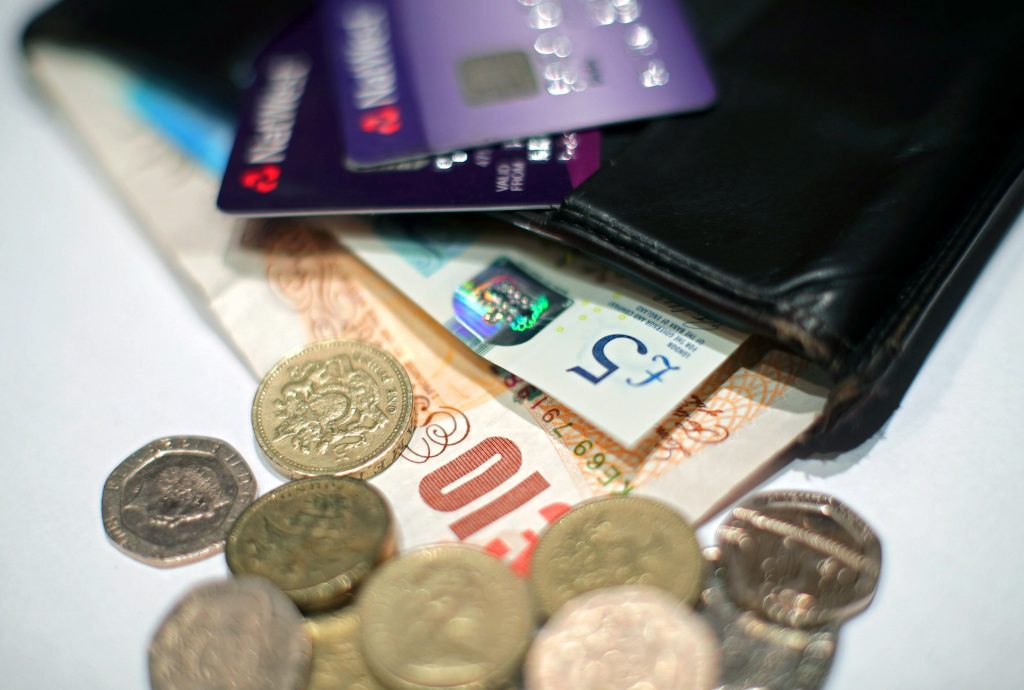The average monthly disposable income of Brits has dropped by £100 since last year as consumers spend more of their earnings on bills, groceries and housing.
According to a new survey from VoucherCodes.co.uk, which was an annual cost of living life barometer, the average consumer’s disposable income fell from £426 to £326 a month in the last 12 months, or a drop of 23 per cent.
The research also found 18-34-year-olds have £325 spare cash to spend at the end of each month after paying for bills, rent and other essentials compared with last year’s average of £456.
On the other hand, the survey found that over-55s have also seen a drop from £425 last year to £322.
Meanwhile, men still have a larger disposable income with £370 a month to spare, or 28 per cent more than women who have just £288 left in their accounts after paying bills.
However, this gap is a slight improvement on last year, when the average disposable income for men was 32 per cent more than women.
READ MORE: Retail in “worst run of health for 5 years” says think-tank
Brits also appear to be spending more cautiously than last year, with annual expenditure on holidays and social outings including dinners out, clubbing and trips to the cinema falling, while spending on activities that can be done at home such as Netflix subscriptions, mobile phone apps and gambling is increasing.
The dramatic drop in average monthly disposable income comes after a different survey earlier this year found that Britons predicted they would have an average of £471 a month available to spend on non-essentials.
“The cost of living and enjoying life in modern day Britain is changing,” VoucherCode’s Anita Naik said.
“With wage growth lagging behind inflation and essentials such as utility bills and food prices on the up for many parts of the UK, Britons are having to spend with caution when it comes to non-essentials.”
According to ONS figures published last week, total pay in real terms dipped by 0.7 per cent in the three months to May compared to the same period last year, and fell by 0.5 per cent if bonuses for the period were excluded.
Click here to sign up to Retail Gazette‘s free daily email newsletter

















